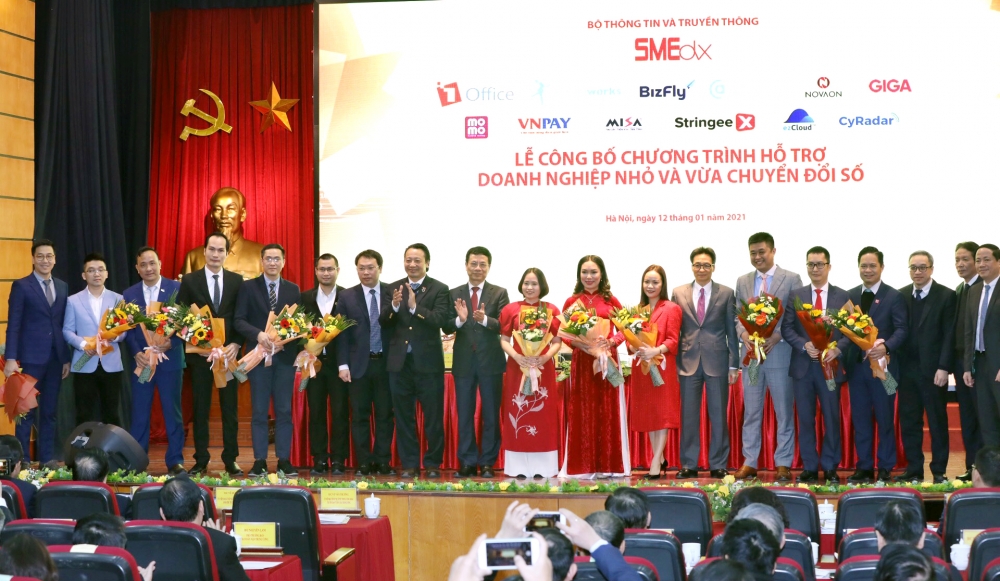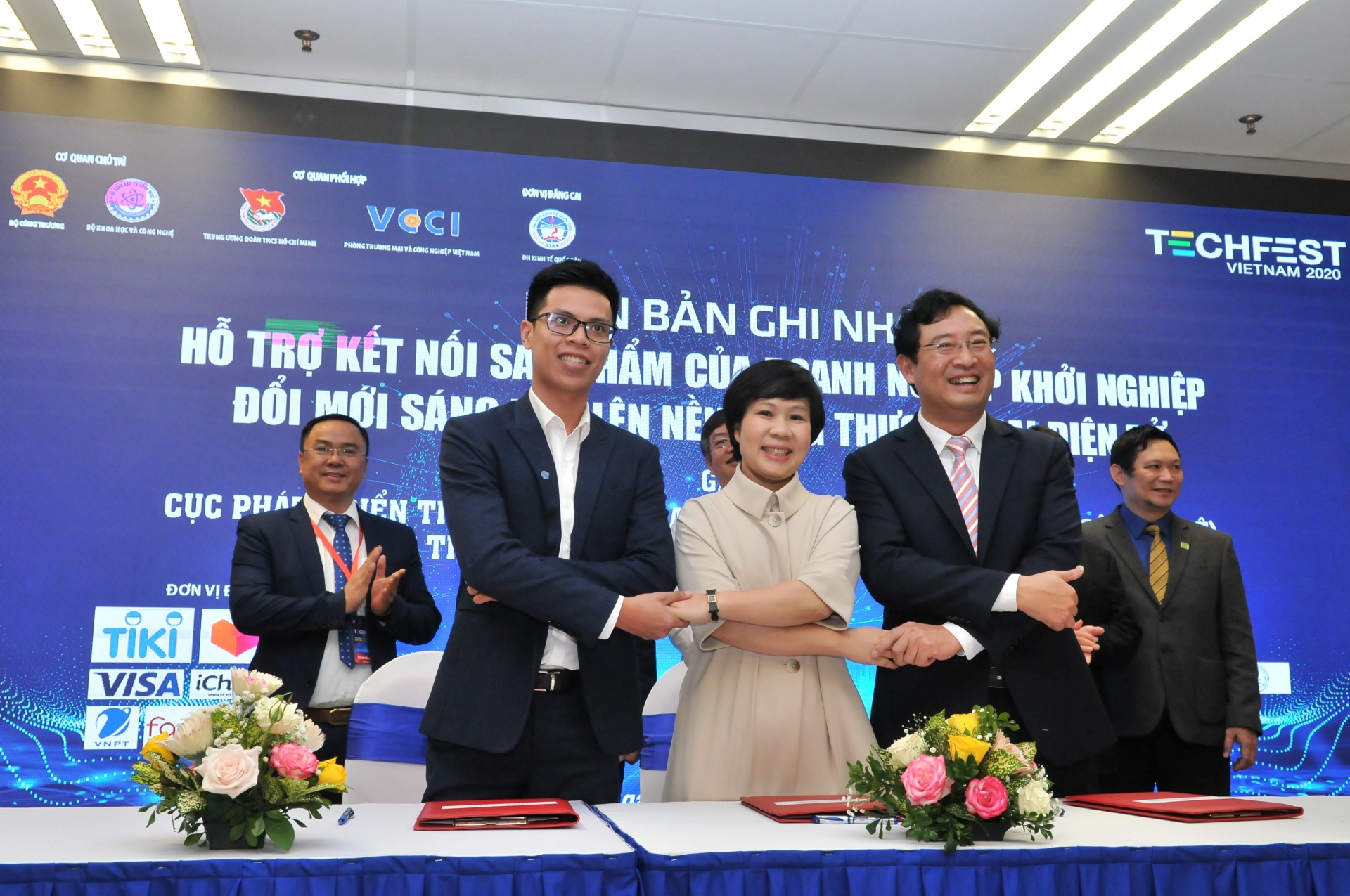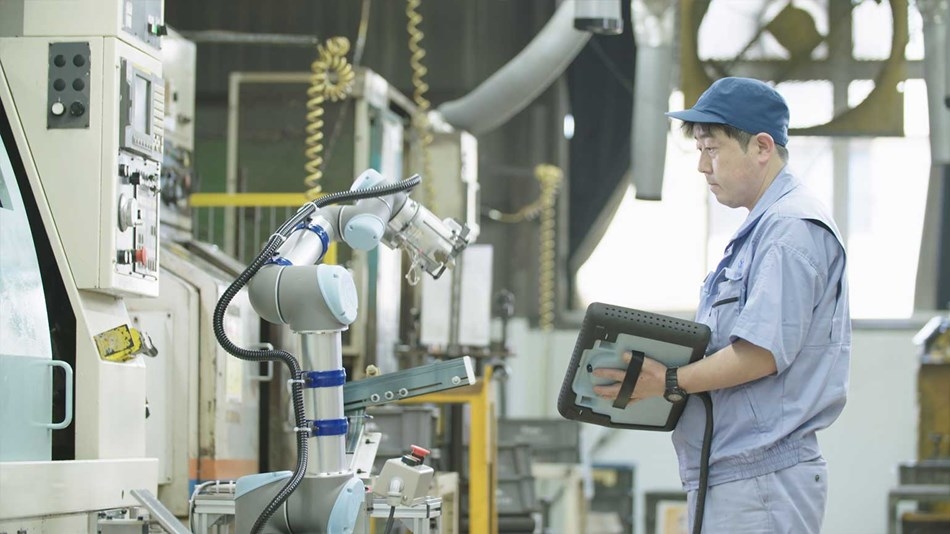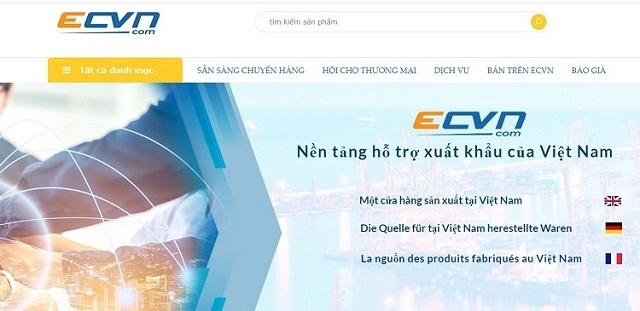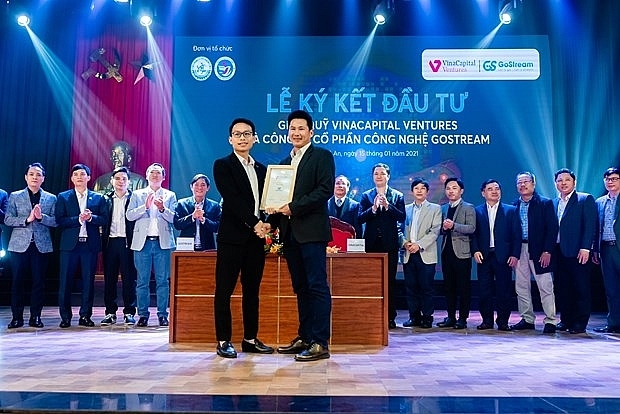Capital is not the decisive factor in technology innovation
(VEN) - Technology innovation is vital for the improvement of productivity, product quality, higher competitiveness and sustainable market position, but progress does not depend only on investment capital. Experts attribute the reluctance by many Vietnamese firms to board the technological juggernaut to a host of other factors.
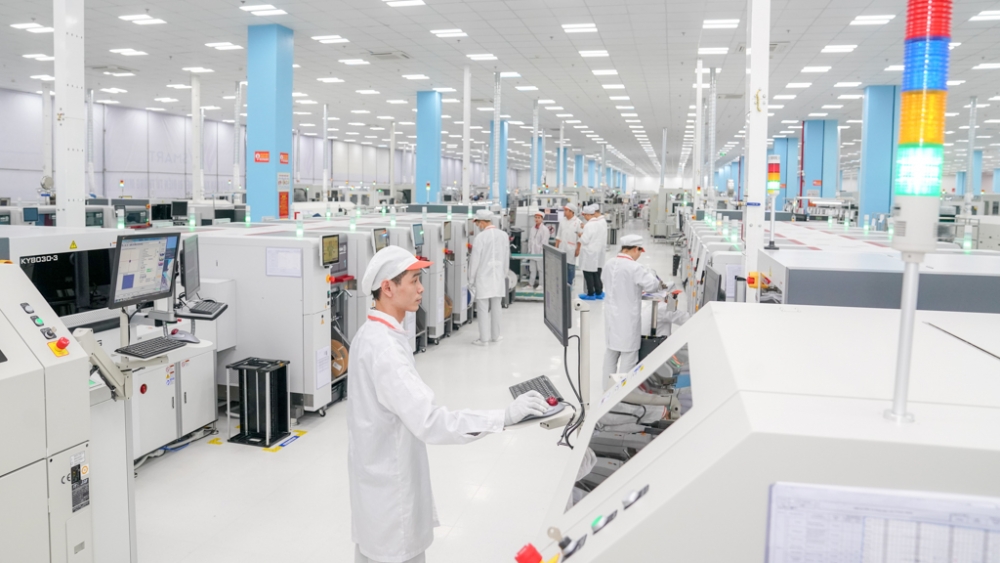
The core of modern production
General Director of the Vietnam National Textile and Garment Group (Vinatex) Le Tien Truong said that all manufacturing industries compete with each other through science and technology (S&T) rather than through the skills of ordinary workers as in the past. The textile and garment industry has been applying less labor-intensive technologies, including robotization of production in order to improve labor productivity. Thread factories are employing only 20 workers per 10,000 spindles instead of 100 workers as before.
In order to efficiently operate the leading power system in Southeast Asia, Vietnam Electricity (EVN) has not only implemented synchronous solutions early, but also researched and applied digital technology, information technology and automation in production and business activities. In addition, EVN was voted an excellent digital transformation business in the Vietnam Digital Awards 2019, including in the field of corporate governance such as implementing enterprise resource planning (ERP) software, human resource management system (HRMS) and electronic office system (E-Office).
Obviously, given the speedy development of the Fourth Industrial Revolution (Industry 4.0), enterprises that fail to adopt investment and technology innovation policies cannot survive. However, according to a survey conducted in 2018 by the Ministry of Industry and Trade (MoIT) and the United Nations Development Program (UNDP) at 2,659 enterprises on readiness to access Industry 4.0, 82 percent of businesses are interested in Industry 4.0, but 61 percent of them have not done anything to get ready for it while 21 percent are taking the first steps.
Overcoming barriers
The application of robotics and automation technology, while greatly effective for the national economy and business development, is facing many difficulties. According to Nguyen Quan, Chair of the Vietnam Automation Association, it requires businesses to digitize, build databases for operations and prepare human resources to carry out digital transformation.
Director of Siemens PLM Vietnam Vo Hong Ky noted that enterprises are afraid of change because of production line disruptions. They reluctantly adopt change only when facing challenges of competition and declining profits, a reduced market share, and increasing production costs due to outdated technology lines.
Companies that are short of investment capital should identify priorities and only innovate key technologies vital to production and business activities, avoiding unfocused investment.
According to Tran Viet Hoa, Director of the MoIT’s Science and Technology Department, preferential and support policies for investment in technology application and innovation help businesses improve production efficiency. In the coming time, enterprises will have access to more transparent and fair preferential policies under the orientation of the Party and the Government in improving their access to Industry 4.0.
The Ministry of Industry and Trade is focusing on providing information, guiding businesses on implementation of investment, technology innovation and digital transformation, and connecting businesses with reputable and quality consultants and technology solution providers.

